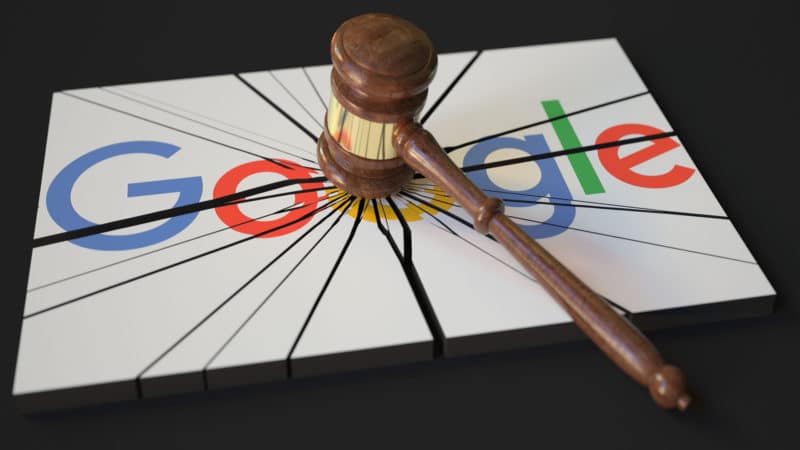
The Antitrust Trial Against Google: A Deep Dive into Digital Advertising’s Competitive Landscape
As the spotlight intensifies on the ongoing antitrust trial against Google, the debate around the digital ad tech market’s competitiveness continues. The U.S. Department of Justice (DOJ) contends that Google’s monopoly not only distorts market dynamics but also limits the options available to advertisers and publishers. Conversely, Google argues that it faces a broad array of competition and that the DOJ’s understanding of the ad tech ecosystem is fundamentally flawed. However, emerging evidence appears to tell a different story, raising crucial questions about market fairness.
Google maintains that there are “hundreds of competitors” in the ad tech space. Yet, this assertion fails to account for its significant market dominance in key areas such as ad exchanges, ad networks, and demand-side platforms. The disparity in market share between Google and its nearest competitor, Microsoft, is stark. With Google’s overwhelming presence, many advertisers find themselves unable to explore realistic alternatives, raising concerns about the authenticity of competition in this sector.
The constriction on choice is further illustrated by data indicating that the vast majority of digital advertising transactions are funneled through Google’s ecosystem. This not only limits real choice for advertisers but also suggests that climbing the data ladder to compete with Google is an insurmountable challenge for many. Historical analysis reveals a prolonged period where Google has captured the lion’s share of market data, effectively inhibiting the growth of potential competitors.
The rising costs of advertising add another layer to this complex issue. Recent reports indicate a steep increase in online ad costs, including a notable rise in retail Cost-Per-Click (CPC) rates. As brands grapple with these escalating expenses, many are compelled to diversify their advertising strategies, seeking sanctuary outside of Google’s dominant platform. This trend highlights an evolving desire for a more balanced marketplace where costs do not continuously spiral upwards due to monopolistic pressures.
Experts have weighed in on Google’s defense, pointing to the deceptive nature of its claims. While Google may tout a competitive landscape that appears favorable, the reality reveals that its dominance constrains true competition. The intricate evaluation of Google’s ad fees versus industry averages underscores a broader narrative: Google’s control over vast amounts of search intent data not only fortifies its position but also suppresses the growth of other market players.
The ramifications of this trial could reshape the digital advertising landscape profoundly. A ruling that favors the DOJ could usher in a more transparent and competitive atmosphere, potentially benefiting advertisers and small businesses in the long term. However, immediate challenges may arise as these entities navigate the transitional dynamics of a shifting marketplace.
In integrating the insights of this trial with practices like URL shortening and link management, it becomes evident that brand visibility and digital marketing efficiency could become vital areas for discussion. A transparent digital advertising ecosystem could empower brands to utilize tools like URL Shorteners and Url Expander to streamline campaign performance and analytics, enhancing their ability to operate competitively in a more equitable landscape.
The unfolding events surrounding this trial are staying closely monitored by digital marketing professionals and industry experts alike. Understanding the nuanced dynamics at play will be paramount for anyone involved in navigating the ever-evolving digital landscape.
#BitIgniter #LinksGPT #UrlExpander #UrlShortener #DigitalMarketing #SEO
Want to know more: Read More


